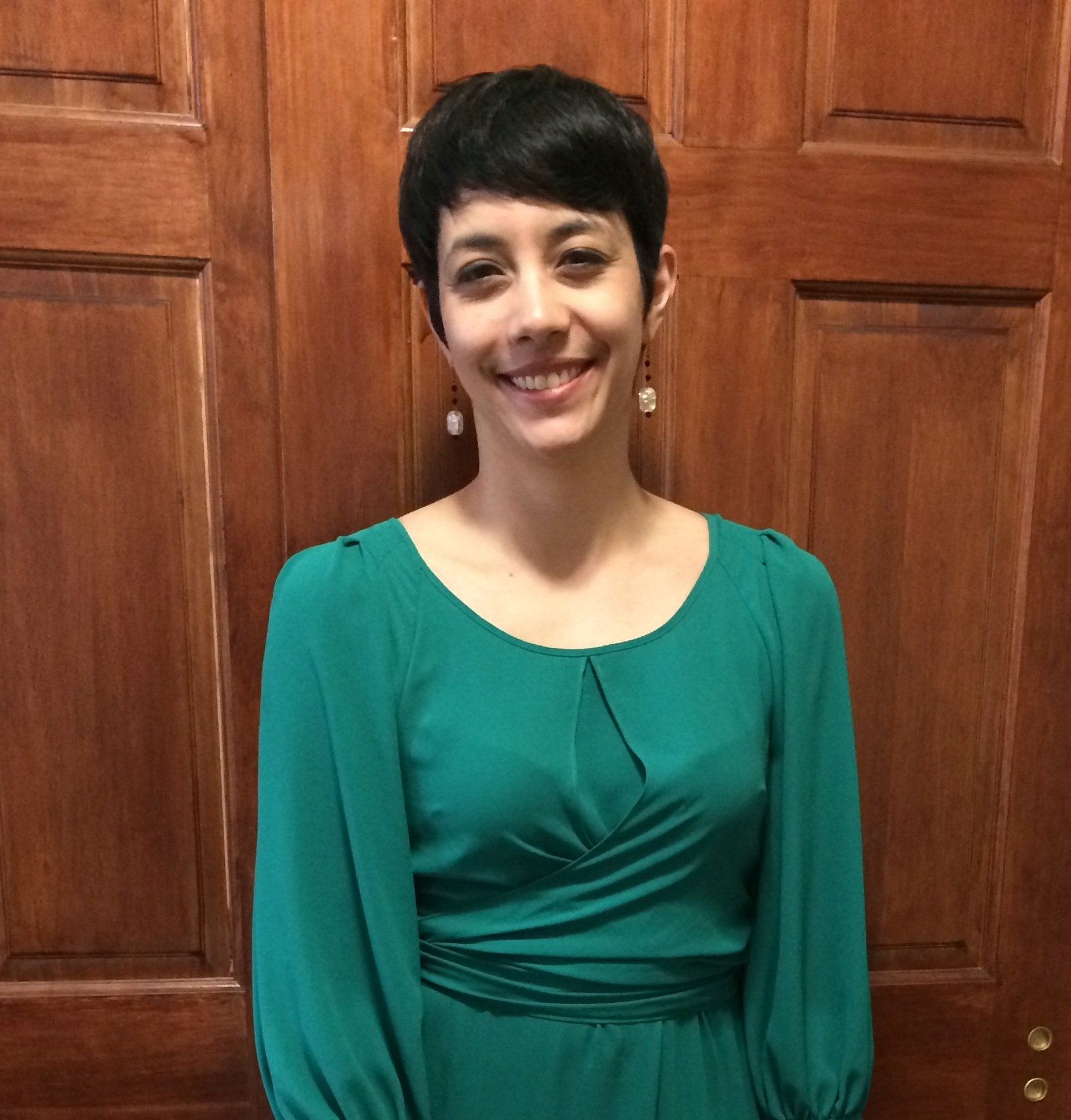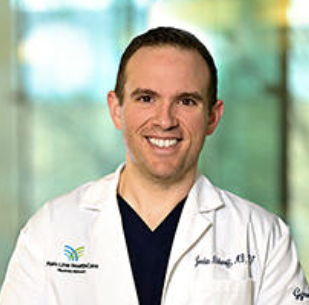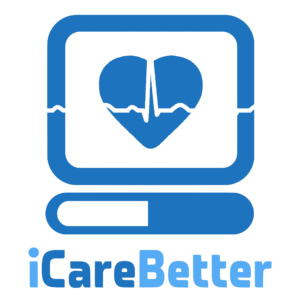
Iwalani Crush, PT, DPT, PRPC
Visit types: Office/Hospital;At home;Virtual
Spoken languages: English
Interpreting services for other languages: Yes
What you should know about me:
I believe in seeing and treating the whole person-mind, body, lifestyle. I am an advocate for equity, access and education/awareness in pelvic health and wellness across populations throughout the lifespan. My holistic and trauma-informed treatment approaches include but are not limited to:
Myofascial Release, Acupressure
Electrical Stimulation (NMES, TENS, Neuromodulation)
Ultrasound
Cold Laser/Low Level Light Therapy
Biofeedback: Surface, Intravaginal, Intrarectal
Active Release Technique
Graston
Cupping
Strain Counterstrain/Positional Release
Kinesio/Rock Taping
Neuro-Developmental Technique
Treadmill Running Analysis
Selective Functional Movement Assessment
Functional Movement Screening
PRI/Postural Restoration Techniques
Proprioceptive Neuromuscular Facilitation
Visceral Mobilization (Gastrointestinal/Colorectal, Respiratory, Reproductive, Urinary)
Blood Flow Restriction Therapy
Nasal Release Technique
Somatic Experiencing Techniques
Rehabilitative Ultrasound Imaging for Lumbopelvic Region (TransAbdominal, TransPerineal)
Yoga, Pilates
Breathwork + Sympathetic Downregulation
Low Pressure Fitness
Resistive Strengthening + Conditioning
Aqua/Pool Based Exercise
Sexual Ergonomics

Dr. Jordan Klebanoff
Dr. Jordan Klebanoff, M.D.
Endometriosis Specialist, Gynecologist, Minimally Invasive Gynecologic Surgeon
City: Philadelphia, PA, USA
Philosophy: I believe that we have an incomplete understanding of the origins of endometriosis, however, that the theory of retrograde menstruation as the sole explanation falls well short of describing this complex disease. My belief is that there are likely many factors to explain this disease embryologic, genetic, environmental, etc. The theory that I believe most completely and rationally explains this disease process is an issue during embryologic development. This is why I believe excision surgery most thoroughly improves quality of life. Wide excision surgery will remove microscopic disease whereas localized excisions or ablation can fall short.
Medication: For patients not immediately, or ever, interested in surgery I will utilize non-narcotic pain medications and hormonal regulation where appropriate. Whether or not I recommend hormonal suppression, most often with an oral progestin, following excision surgery is based on individual patient preference and expectation. My typical counseling for patients is that whether it be medical management or surgical management my mission will always be to continue to improve quality of life in any way that I can.
Approach to Persistent Pain After Surgery: My approach to persistent symptoms following surgery is consistent to my approach before surgery. Because pain from endometriosis is often multifactorial I work closely with pelvic floor physical therapists, pain management specialists, sexual medicine providers, and gastroenterologists both before and after surgery. My counseling of patients for any symptoms after an excision surgery patients can depend on the specific symptom or what therapies have previously been tried and failed.

Ann Nwabuebo, DPT, WCS, PRPC
Visit types: Office/Hospital; Virtual
Spoken languages: English
Interpreting services for other languages: No
Philosophy of care and typical treatment strategies: Welcome to my profile page! I am a Doctor of Physical Therapy (DPT) and a Board Certified Pelvic Health Specialist with almost 20 years of clinical experience.
My mission is to provide all of my patients with safe, expert, compassionate and comprehensive care. In the treatment of endometriosis, I utilize various advanced manual therapy techniques including myofascial release, visceral manipulation, craniosacral therapy, scar tissue mobilization, cupping therapy, therapeutic exercise and internal (vaginal & rectal)/ external pelvic floor work.
Working closely with my patient’s team of providers, I also emphasize a lot of education on lifestyle changes and mindfulness practices so my patients feel empowered in how they care for themselves.
As a mother, former pelvic pain patient myself, and a global citizen – I draw from my personal experiences to ensure an inclusive and deeply supportive environment for my patients to heal – mind, body and spirit.

Susan Clinton, PT, DScPT
Visit types: Office/Hospital, Virtual
Spoken languages: English
Interpreting services for other languages: No
Philosophy of care and typical treatment strategies:
I take an integrated holistic Biopsychosocial approach for individualized care for the client. I keep up to date with the current literature of movement science and employ a full-body approach to the movement system and NOT a regional approach. Considerations for my clients are within the biology of the person including cardiovascular (optimizing HR, HRV), neurology (HPA axis, gut-brain connections, Autonomic NS and motor planning/brain protection and neuroscience of pain application, mindfulness/meditation, neural tension, and the peripheral NS), Endocrine (Nutrition, Life-style as medicine, sleep optimization and other factors to help with endocrine optimization), Musculoskeletal (Movement system optimization, exercise balance, loading/strengthening and soft tissue techniques for tissue changes, scar) and Visceral System (optimization of the urinary and GI system functioning, respiratory with breath/voice optimization and CV/ANS as above – including visceral mobilization). My practice is patient-centered with the goal to facilitate my clients return to self-efficacy and care with facilitated communication with the entire health care team.

